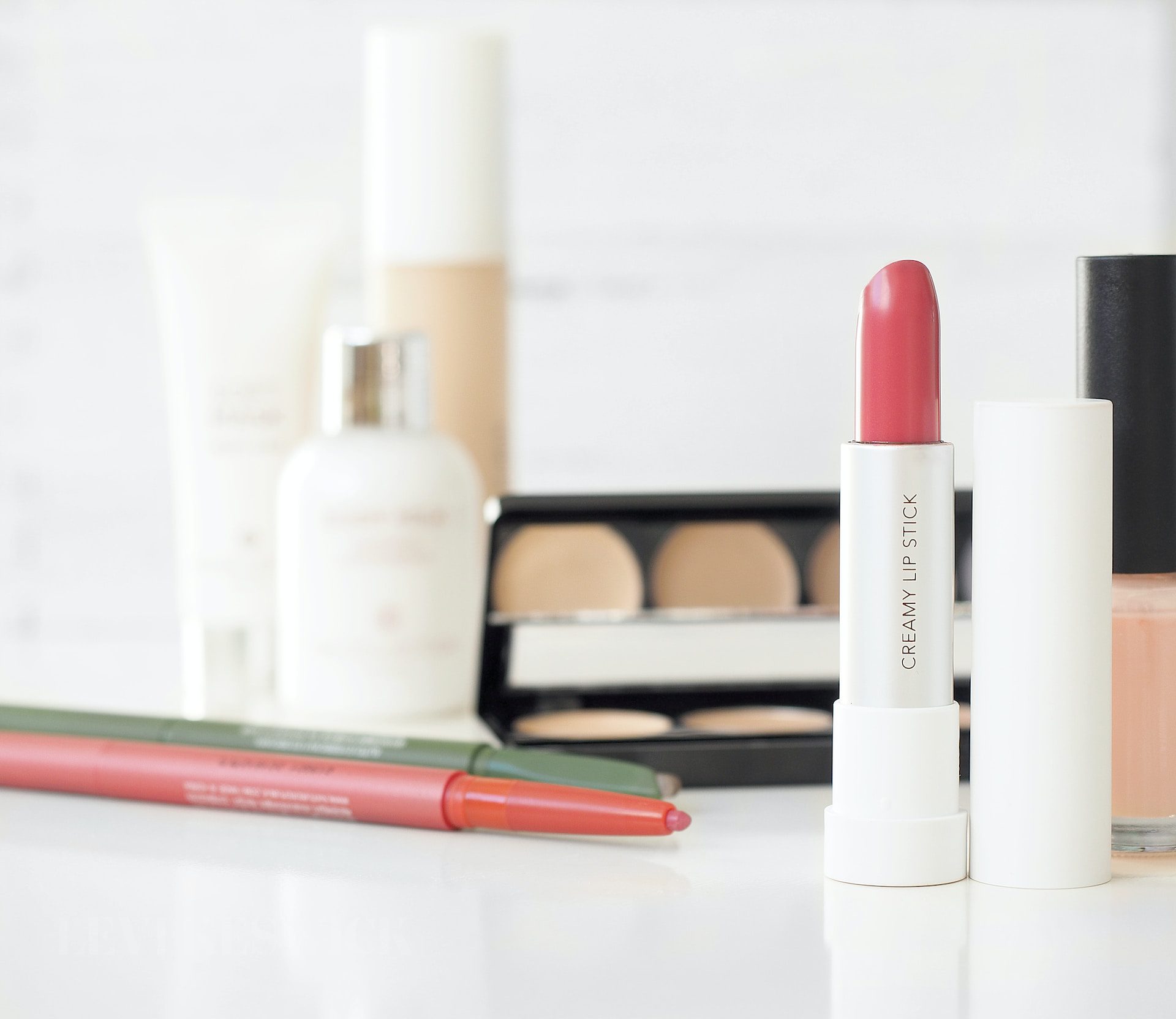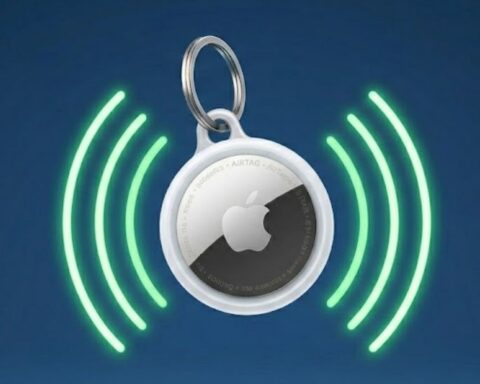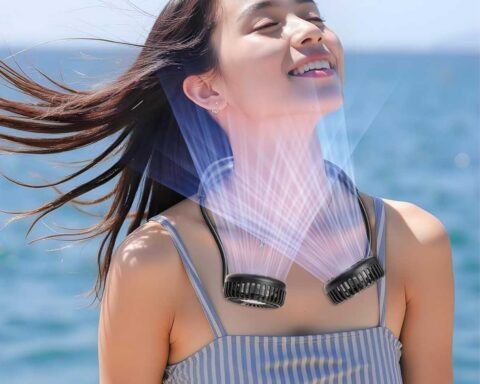Key Takeaways:
- Augmented Reality (AR) and Virtual Reality (VR): Enhancing consumer experience and streamlining internal processes.
- Power of Video: Understanding the influence of video marketing and influencer collaborations in driving brand awareness and product engagement.
- Influencers: The role of beauty influencers in creating authentic brand experiences and influencing purchase decisions.
- Streamlining the Consumer Path to Purchase: How data-driven strategies and community building enhance customer loyalty and conversion rates.
- Disrupting Traditional Business Models: The rise of subscription-based services and the transformation of the beauty retail landscape.
Introduction: Unleashing the Power of Digital Marketing in the Beauty Industry
Over the past decade, the digital marketing beauty industry has evolved dramatically, powered by a mix of technology, creativity, and a deep understanding of consumer preferences. This evolution has not only led to product innovation but also reshaped marketing strategies, enhancing both customer acquisition and retention.
AR and VR: A New Era of Immersive Beauty Experiences
Augmented Reality (AR) has become an essential tool for beauty brands, seeking to recreate the in-store experience of trying on makeup digitally. Brands like Smashbox, for instance, have leveraged AR along with eye-tracking technology to generate a personalized consumer experience, resulting in a significant increase in overall conversions.
On the other hand, Virtual Reality (VR), such as L’Oreal’s ‘Beauty Lab,’ allows brands to experiment with product merchandising, packaging, and branding decisions in a virtual environment. The goal is to reduce inefficiencies, accelerate the decision-making process, and ultimately, deliver market improvements more swiftly.
Harnessing the Power of Video: A Potent Tool for Engagement and Awareness
According to Pixability, makeup tutorials account for a considerable percentage of views for top beauty videos, highlighting the profound influence of video content on consumer engagement. Brands like Clinique have capitalized on this trend, replacing traditional ads with short, product-centric videos that boost ad recall and product awareness significantly. Creating ‘content in motion’ is a cost-effective approach to video marketing, often generating higher engagement rates than static images.
The Rise of Influencers: Humanizing the Beauty Experience
Influencer marketing has emerged as a powerful strategy in the digital marketing beauty industry. Beauty influencers bring authenticity, demonstrating the real-world application of products and influencing consumers’ purchase decisions. Collaborations with influencers, especially those who resonate with the brand’s values and aesthetics, can lead to effective brand positioning and a distinctive voice in the marketplace.
Streamlining the Consumer’s Path to Purchase: A Data-Driven Approach
With the ability to track behavioral customer and audience data across platforms, beauty brands are strategically leveraging their content and commerce. Take Glossier, for example, born from the beauty blog ‘Into the Gloss,’ they use data insights to optimize the reader and customer experience across platforms, resulting in a strong bond between blog readers and Glossier clients.
Moreover, customization and personalization of the brand’s marketing message, along with fostering a sense of community, can enhance customer engagement, loyalty, and ultimately, improve conversion rates.
Disrupting Traditional Business Models: The Subscription Wave
Innovation in the beauty industry is not just about futuristic technologies, it’s also about enhancing existing models by reducing friction. Subscription-based services like Birchbox and Ipsy have transformed the beauty retail landscape, bringing products to the consumers’ doorsteps based on their personal preferences. These models cater to the mobile-first consumers and leverage the ‘surprise’ factor to engage customers.
Conclusion: A New Dawn for the Beauty Industry
The beauty industry’s strategic adoption of digital marketing signifies a promising future, where brand-customer relationships are not merely transactional but also deeply personal and engaging. With the continuous advent of new technologies and innovative strategies, the beauty industry is set to retain its position at the forefront of marketing innovation in retail. The key lies in striking the right balance between technological advancements and authentic human connections.








